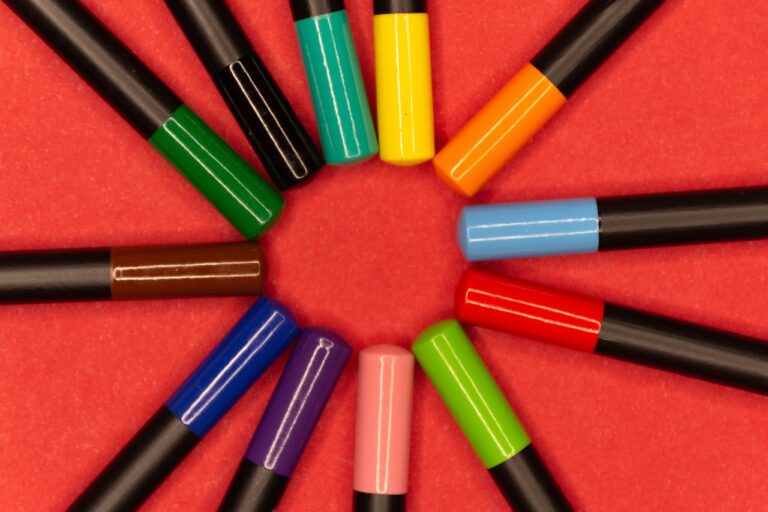The Role of Maker Education in Curriculum Content: All panel.com sign up, Lotus 365 book, Betbook 247.com login
all panel.com sign up, lotus 365 book, betbook 247.com login: Maker education is a pedagogical approach that encourages students to create, experiment, and learn through hands-on projects. It focuses on developing students’ critical thinking, problem-solving, and collaboration skills by engaging them in designing and building tangible products. In recent years, maker education has gained traction in schools around the world as educators recognize its potential to enhance traditional curriculum content.
**Why Maker Education Matters**
Maker education plays a vital role in enriching curriculum content by providing students with opportunities to apply theoretical concepts in real-world contexts. It promotes interdisciplinary learning by integrating subjects such as science, technology, engineering, art, and math (STEAM). Through maker projects, students can see the connections between different disciplines and develop a holistic understanding of the world around them.
**Promoting Creativity and Innovation**
One of the key benefits of maker education is its emphasis on creativity and innovation. By engaging in hands-on projects, students have the freedom to explore their ideas, experiment with different materials, and come up with unique solutions to problems. This fosters a culture of creativity in the classroom and encourages students to think outside the box.
**Fostering Critical Thinking and Problem-Solving Skills**
Maker projects require students to think critically and solve complex problems. Whether they are designing a simple machine or programming a robot, students must use logical reasoning and analytical skills to troubleshoot issues and make improvements. This process of iterative design teaches students resilience and persistence in the face of challenges.
**Encouraging Collaboration and Communication**
Collaboration is an essential skill in the 21st century, and maker education provides ample opportunities for students to work together on projects. By collaborating with their peers, students learn to respect diverse perspectives, communicate effectively, and delegate tasks based on each other’s strengths. These interpersonal skills are essential for success in both academic and professional settings.
**Empowering Student Agency**
Maker education empowers students to take ownership of their learning and become active participants in the education process. By giving students the autonomy to choose their projects and set their learning goals, educators can cultivate a sense of agency and self-efficacy in students. This motivates students to take risks, explore new ideas, and push themselves beyond their comfort zones.
**Preparing Students for the Future**
In an increasingly digital and fast-paced world, the ability to innovate, collaborate, and adapt to change is more important than ever. Maker education equips students with the skills and mindset they need to thrive in the 21st century. By integrating maker projects into the curriculum content, educators can prepare students for the challenges and opportunities that lie ahead.
**FAQs**
1. What age group is maker education suitable for?
Maker education can be tailored to different age groups, from elementary school to high school. The projects can be adjusted to suit the developmental level and interests of the students.
2. Do teachers need specialized training to implement maker education?
While formal training in maker education is beneficial, teachers can start small by integrating simple hands-on projects into their lessons. There are also numerous resources and professional development opportunities available to support educators in implementing maker education in their classrooms.
3. How can schools support maker education initiatives?
Schools can allocate resources for materials and tools needed for maker projects, provide professional development opportunities for teachers, and create dedicated spaces such as makerspaces or STEAM labs for students to work on their projects.
In conclusion, maker education plays a crucial role in enriching curriculum content by promoting creativity, critical thinking, collaboration, and student agency. By integrating maker projects into the curriculum, educators can prepare students for the challenges of the future and foster a culture of innovation in the classroom.







